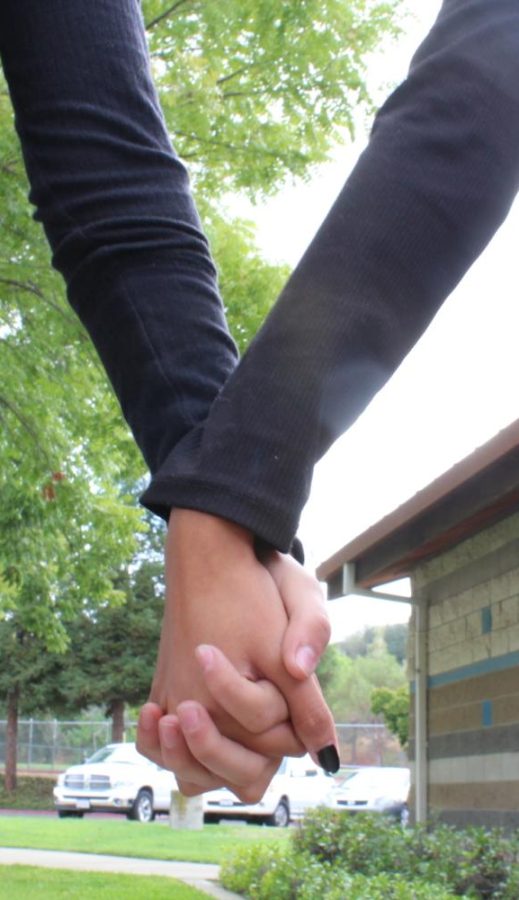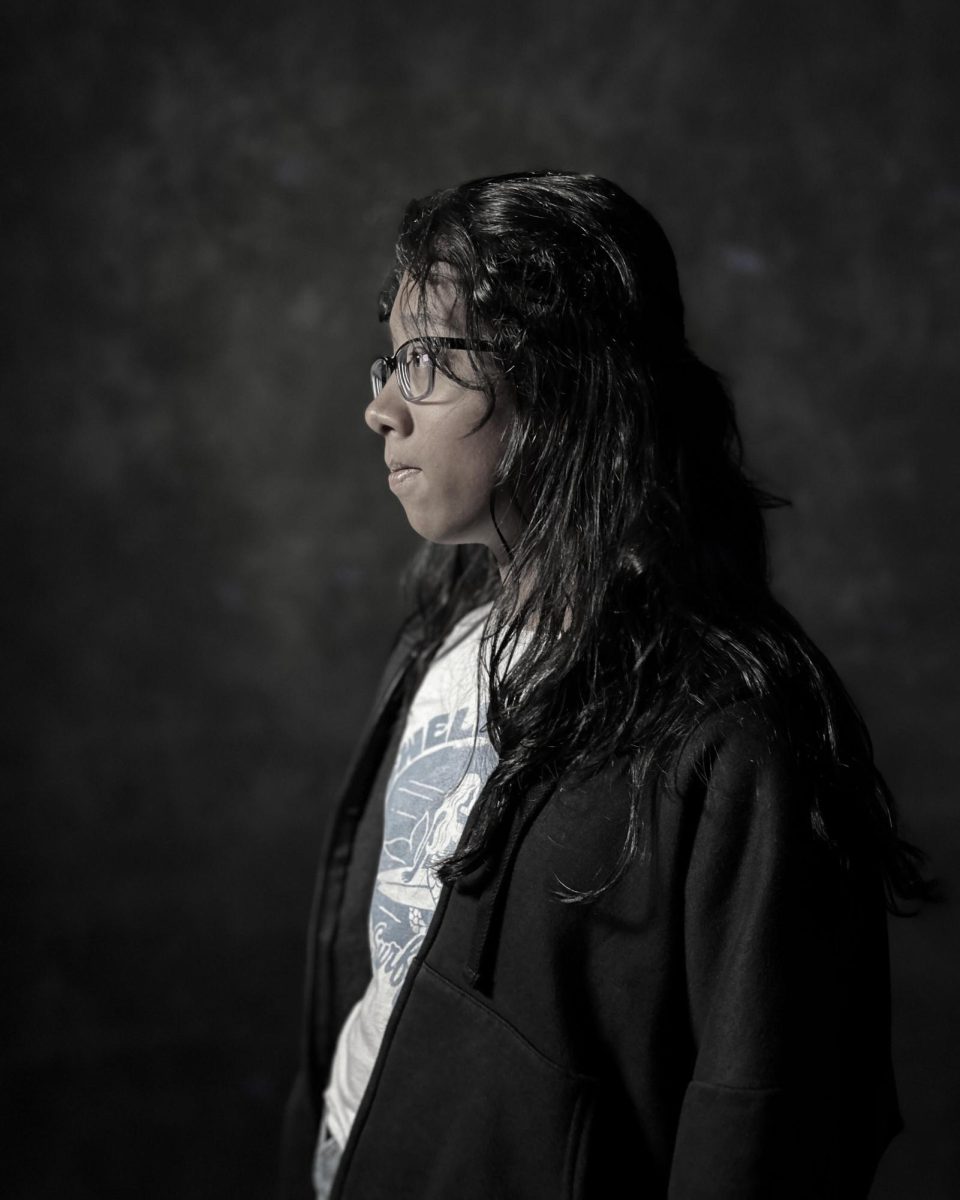Disordered Path to Grief
November 1, 2022
During the pandemic, teachers and students alike at RHS have experienced grief for reasons such as death and loss of family. Grief is, according to the dictionary, deep sorrow that is caused by loss such as a person’s death – but there’s more to its meaning. It is a complex inner battle within the mind. There is no one way to recover from the feeling of loss, and if someone should recover, they learn to live and accept that loss.
“The five stages of grief is basically a theory by a psychologist named Elisabeth Kübler-Ross,” explained RHS Psychology teacher Mark Hardy, “based on observations of how people deal with grief when they face a major, dramatic, and sad occurrence in their life.”
The five stages are a cycle of emotions that happen during the aftermath of a traumatic shock. The feelings of denial, anger, bargaining, depression, and acceptance consume a person’s wellbeing. Often they come in no particular order; like a tsunami of emotions that comes crashing down with no warning. Sometimes, there are no five emotions that happen. According to Mr. Hardy, “it’s not always a linear path…people move through the stages differently so that, for example, some people go straight from denial to depression … so you don’t necessarily move literally through the five stages, and the time that anyone spends on any particular stage is quite variable.”
This begs the question: how exactly do you DESCRIBE that feeling of grief that comes with a side dish of mourning?
“It [the feeling of anguish] kind of just tethered me from where I was … we could talk about things, but at the same time, I wasn’t really talking to you,” shared a student that wished to remain anonymous, “it was more that wasn’t what I was focusing on.” That feeling subconsciously made their mind wander into places that weren’t the present. This resulted in difficulty paying attention to small things like listening fully when engaging in conversation. Grief makes the mind try to distract itself from the trauma, but it only ends up replaying the trauma over again and thinking more of why they’re trying to distract themselves. “It catches you off guard, you just can’t go back to focusing normally like you always do… because it [any activity] seems insignificant ‘cause your mood is so bad you can’t focus on anything.”
There is no specific way to feel when one is grieving as it can be a different experience for everyone. Grief doesn’t necessarily have to be about death, it is just loss in general. Pilar Padilla, aside from being a RHS language arts teacher, is also a family counselor who has handled her fair share of experiencing grief while helping others cope. She explains, “I think everybody experiences it differently, I also think people have grief at times [and] they don’t know it. Like, it’s not just loss, it can be the loss of normal school. A lot of people grieved that the last few years. It’s like a depression; there’s more sadness involved.”
There is no one way to undergo dealing with loss, it is an occurrence that will always take place in life. How someone chooses to act on it will always be different and will depend on their perspective. “It really is personal, we all do grief very differently.”









